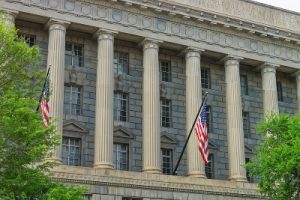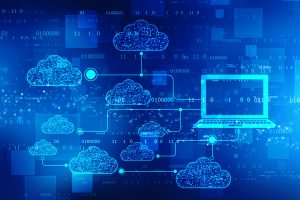
The Department of Commerce's mission is to create the conditions for economic growth and opportunity for all communities. With 13 bureaus, it serves as the voice of business in the Federal Government and spurs the growth of quality jobs in communities across the country.
Commerce plays a huge role in innovation and advanced computing. Commerce is the department that oversees the efforts of the National Institute of Standards and Technology (NIST) and the National Telecommunications and Information Administration (NTIA) to provide guidelines around secure and equitable technology use. Additionally, the National Oceanic and Atmospheric Administration's (NOAA) leading climate science research and the U.S. Patent and Trademark Office's (USPTO) work to protect American IP are also housed under Commerce. Continue reading



 The Biden Administration recently issued its request for 2022 spending. This practice is really more of a
The Biden Administration recently issued its request for 2022 spending. This practice is really more of a  Shared Services in government is nothing
Shared Services in government is nothing
